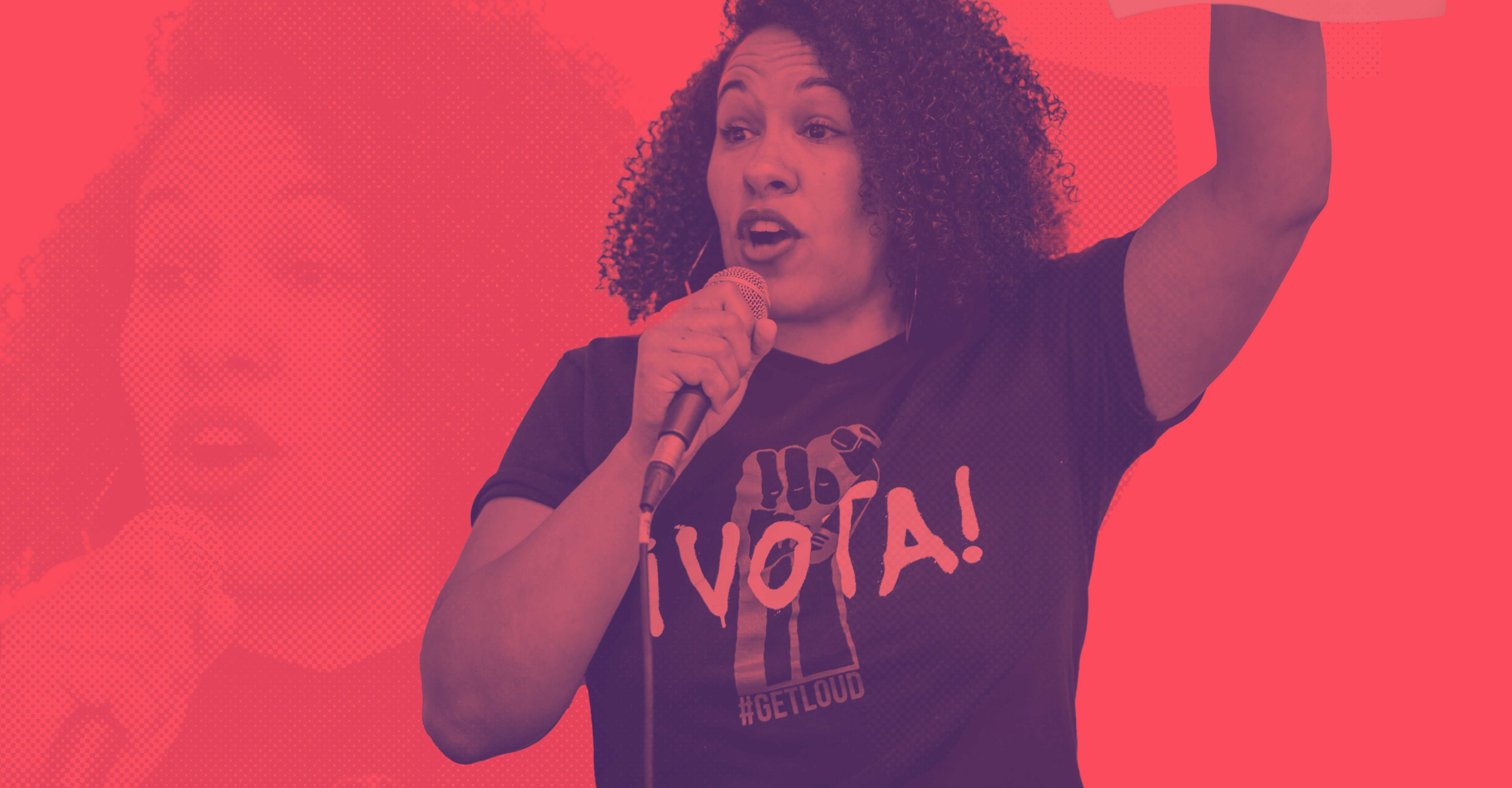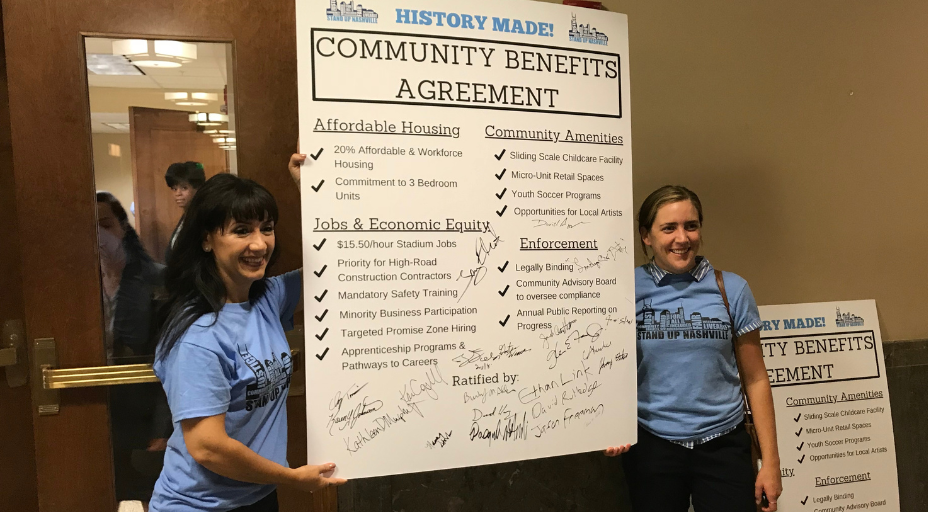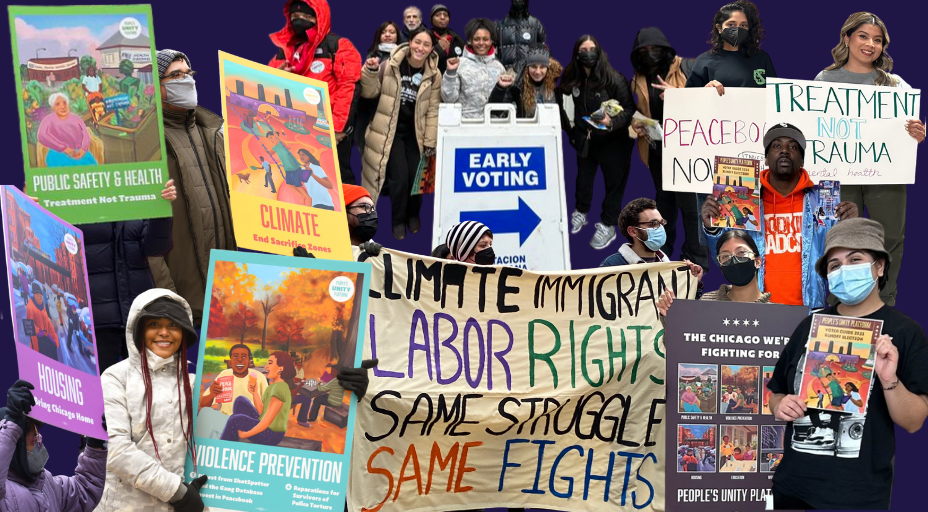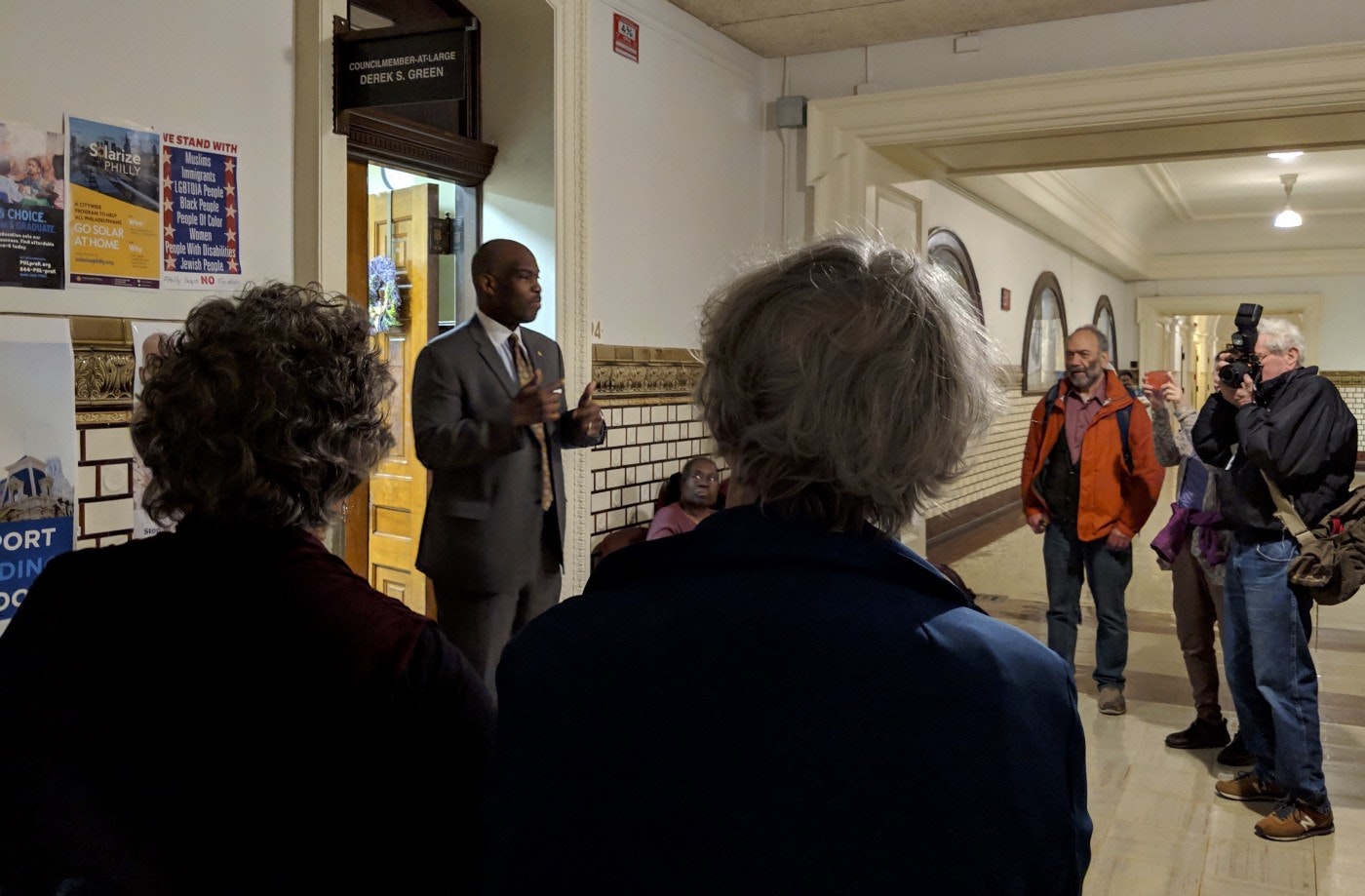As the country reels from the violence in Charlottesville and the recent surge in white supremacist activity, communities of color in cities nationwide are also confronting more insidious racist tactics tied directly to corporate power. State governments are engaged in a municipal power-stripping spree, passing sweeping preemption legislation that blocks wage increases for local communities. While these laws have predominantly been portrayed as a political power struggle, the reality is far more sinister: preemption legislation is often passed by predominantly white legislatures blocking laws benefiting and supported by majority communities of color.
Communities of color make far less on the dollar compared to white communities-- and local policy solutions designed to alleviate this economic crisis have been met with swift obstruction and all-out hostility by predominantly white state legislatures. This sweeping state interference, from Birmingham to St. Louis, has stymied local efforts to raise wages, protect residents from discrimination, create jobs for local workers, and provide affordable housing. These aggressive tactics are led by corporate-backed interests like the American Legislative Exchange Council (ALEC), and are enabled by state legislators beholden to big business and special interests.
The Partnership for Working Families has compiled the below first-of-its-kind analysis of seven cities where communities of color have been impacted by preemption legislation passed by predominantly white legislatures. In St. Louis, where Missouri’s African American population is heavily concentrated, black workers in the lowest paying occupations still earn only 81% of what their white counterparts earn. This past Monday, approximately 30,000 St. Louis workers had their wages cut from $10 to $7.70 an hour when a Missouri preemption law went into effect.






